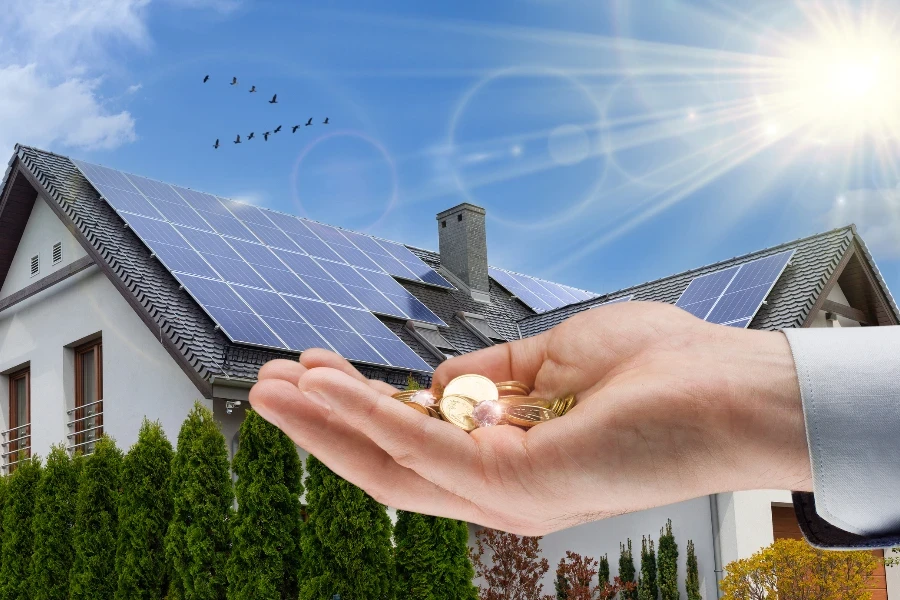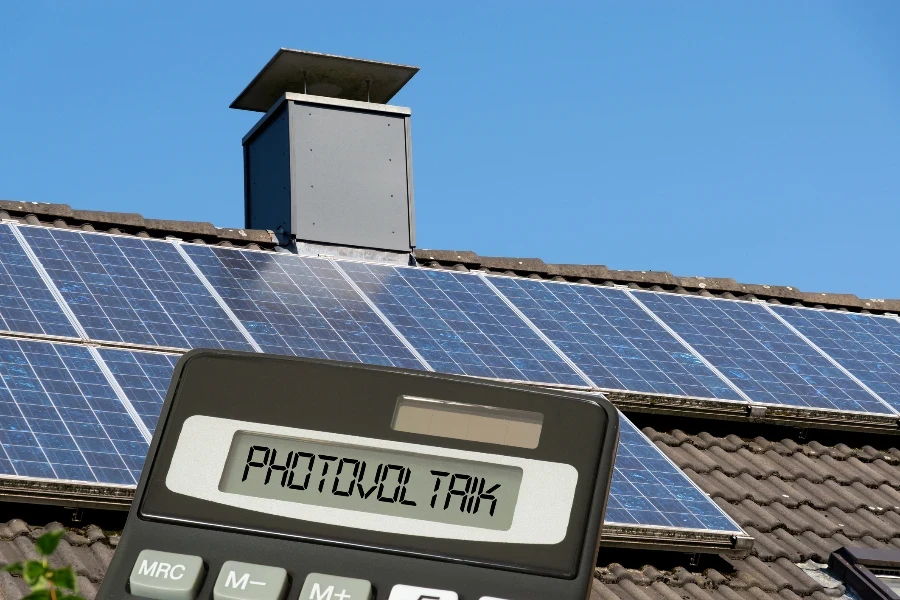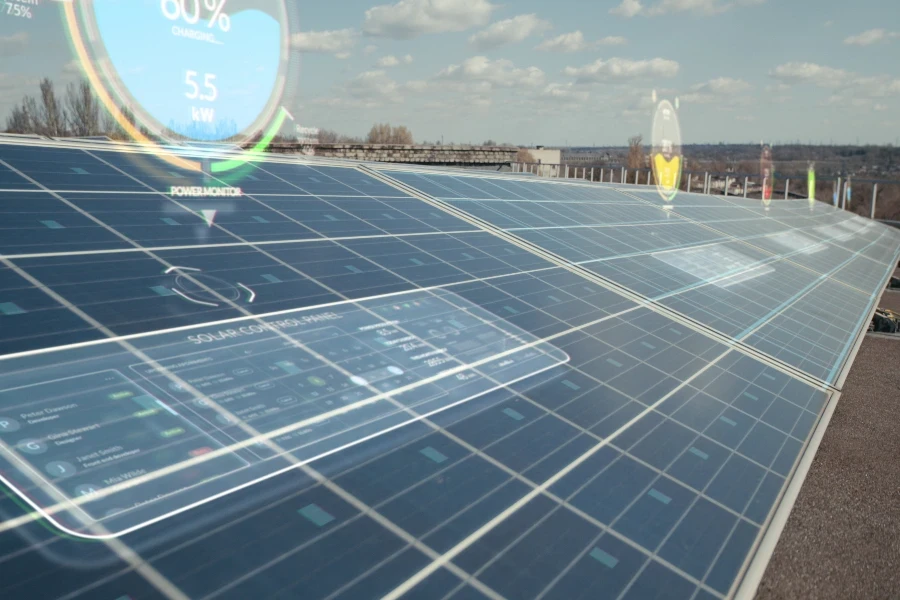Amid the search for renewable energy sources, it is not surprising that many are looking into possible solutions such as solar panels for the home or office. With efforts to save the environment, the most important question on everyone’s mind is perhaps the cost of solar panels. This article will explore the most important factors affecting the prices of solar panels. It will be of great value to anyone who is keen about renewable energy or wants to invest in solar panels for the first time.
Table of Contents:
1. Understanding the cost of solar panels
2. Factors influencing solar panel pricing
3. The lifecycle and efficiency of solar panels
4. Financial incentives and rebates
5. Making the decision: Is solar right for you?
Understanding the cost of solar panels

Solar panels are nowadays a favourite renewable energy source. The initial solar panels’ price can be vastly different, depending on many factors, from their size, capacity, and quality, usually ranging from several thousand to hundreds of thousands of dollars. But when considering long-term energy bills savings, this cost can be practically compensated.
More and more households are opting for solar installation due to the decreasing price of solar panels over the years. Reason being technological advancement and increase in solar panels production. The British government is committed to further cut the cost of solar panels which, i believe, will make it more affordable for everyone. The installation charges will invariably come into play when looking at the cost of solar energy. Depending on the complexity of your set up, installing solar panels in your home could be expensive.
Factors influencing solar panel pricing

Many factors can hike up or down the cost of solar panels. A big one is the type of solar panel you opt for. There are monocrystalline solar panels, polycrystalline solar panels, and thin-film solar panels. They each carry different price tags, with monocrystalline panels being the most expensive, most efficient, and longest lasting. Polycrystalline solar panels are slightly less expensive, with less efficiency.
The cost varies with the capacity of the solar panels (watts), which also impacts the price. A higher capacity panel can generate more electricity, reducing the amount of panels you need. The brand and quality of the panels also affect the price. While it’s tempting to go for the cheaper option, high-quality panels from reputable manufacturers will yield better results and create more energy, even in low light conditions.
The lifecycle and efficiency of solar panels

The lifecycle and effiency of solar panels are an important part of the cost calculation Most solar panels have a warranty of 25 or 30 years. They are guaranteed to meet a certain efficiency level during this period – and then the efficiency is supposed to slowly degrade.
The average annual degradation rate is 0.5 per cent to 1 per cent. In other words, after 25 years, your solar panels should still be working at about 75 per cent to 87.5 per cent capacity. Low degradation rates mean more electricity generated over the life of your system, so they’re a good value for your money.
Financial incentives and rebates

Governments and local authorities also offer incentives and rebates for solar energy, often reducing the overall cost of solar panels by as much as half. Incentives for home solar can take the form of tax credits, rebates, and ‘feed-in’ tariffs for the power your solar panels generate.
You’ll want to look into these incentives, as they can vary quite a bit from one region or jurisdiction to the next. Taking advantage of these incentives will not only lower your upfront cost, it will make your payback period even faster.
Making the decision: Is solar right for you?

The decision as to whether solar panels are a good option for an individual depends on a number of factors, including the amount of energy required, location and budget. If one’s house is in an area that recieves substantial amount of sunlight and the electricity costs are hight, solar panels would be more effective. For example, if your house has a shaded area or if you live in an area which has low sunlight, solar panels would not be as effective.
They can also help you work out the potential savings and payback period to determine if the investment is worthwhile. For example, when you buy a new car, the seller considers the cost of the car, less a calculation of how much you will save on fuel and maintenance in the long run, to determine if it is a good deal. The same concept can be applied to solar energy; while you might pay more upfront, the long-term savings on your energy bill and the environmental benefits of solar energy can be worth the cost. You can also contact a solar energy expert to assess your situation and determine if solar energy is right for you.
Conclusion
If you want to know the ‘real’ cost of solar panels, you need to look beyond the price tag of the panels themselves, at the long-term savings and benefits. Then you can weigh up the efficiency, lifecycle and whether there are financial incentives available, and make an informed decision about whether or not solar energy is right for your needs. As continued improvements in solar technology and the availability of financial incentives swings the economics of solar energy further in favour of usability and affordability, there has never been a better time to make the switch.





 বাংলা
বাংলা Nederlands
Nederlands English
English Français
Français Deutsch
Deutsch हिन्दी
हिन्दी Bahasa Indonesia
Bahasa Indonesia Italiano
Italiano 日本語
日本語 한국어
한국어 Bahasa Melayu
Bahasa Melayu മലയാളം
മലയാളം پښتو
پښتو فارسی
فارسی Polski
Polski Português
Português Русский
Русский Español
Español Kiswahili
Kiswahili ไทย
ไทย Türkçe
Türkçe اردو
اردو Tiếng Việt
Tiếng Việt isiXhosa
isiXhosa Zulu
Zulu